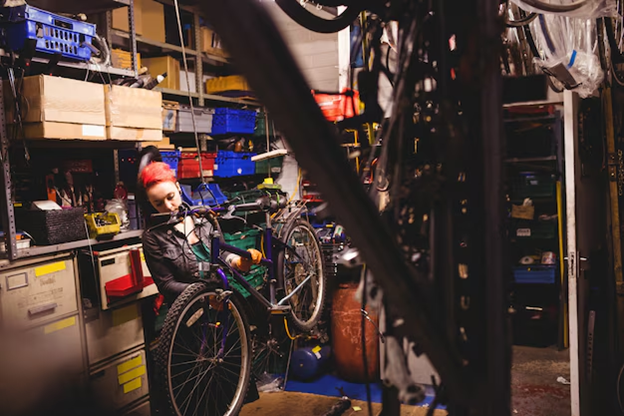When we see mining depicted on television, we often see workers in hardhats, taking long elevators into the earth to mine with a drill or pickaxe. However, modern mining processes are far more varied and require many jobs. While it may seem like miners are constantly pulling up gold nuggets or valuables, mining is often much slower, and a wide range of jobs are required before resource examination and extraction.
Heavy Equipment Operators
Heavy equipment operators are one of the most common roles in mining operations. They use large machinery to move the earth or haul materials from one place to another. Surface mines require truck drivers, bulldozers, and graders to move the earth around. In contrast, underground mines require personnel with specialized skills to operate equipment such as scoop trams, elevators, and loaders. This role is essential for surface and underground mines as it allows them to access resources that would otherwise be unreachable.
Mining Exploration
Geologists, mining engineers, and hydrogeologists are essential in locating potential mining sites. They use geological surveys, surveying techniques, and GIS data to collect information about the terrain or environment. Then they utilize this data to determine if a site is suitable for resource extraction. Mining exploration teams may also test samples from the ground or drill down to get more information.
Human Resources
Mines need to run like any other business requiring skilled human resources staff. They’re responsible for hiring, training, scheduling shifts, and managing payroll. They also resolve any conflicts between workers or managers and provide safety programs to ensure the health and safety of all employees.
Metallurgy and Processing
Metallurgists, engineers, and technicians are responsible for processing the raw materials into a usable form. They use machines to crush ore or separate other valuable minerals from rocks. Other processes, such as smelting, crushing, grinding, and filtering, require technical staff to operate specialized equipment.
Operations and Planning
These staff members oversee the day-to-day operations of a mine. They create plans detailing how resources are extracted, schedule shifts and equipment maintenance, manage inventory and supplies, and ensure that all safety regulations are followed. This role is critical in ensuring that mines operate efficiently while protecting the workers and environment from harm.
If you’ve ever been interested in a career in the mining industry, you can see that many types of jobs are available. By understanding the different roles, you can better decide which one is best for you. Furthermore, these positions require various skills and knowledge to operate effectively, so it’s essential to have an education or training in these areas before applying for jobs. No matter which role you choose, a mining career can be rewarding and challenging.
This post was written by Justin Tidd, Director at Becker/SMC. For nearly a half a century, Becker Mining has been at the forefront of safety, producing the best E Houses in the industry. Becker/SMC is the industry’s leader in increasingly more sophisticated electrical control systems. Most of the major innovations, design features and specialized electrical components have been developed by Becker/SMC.














